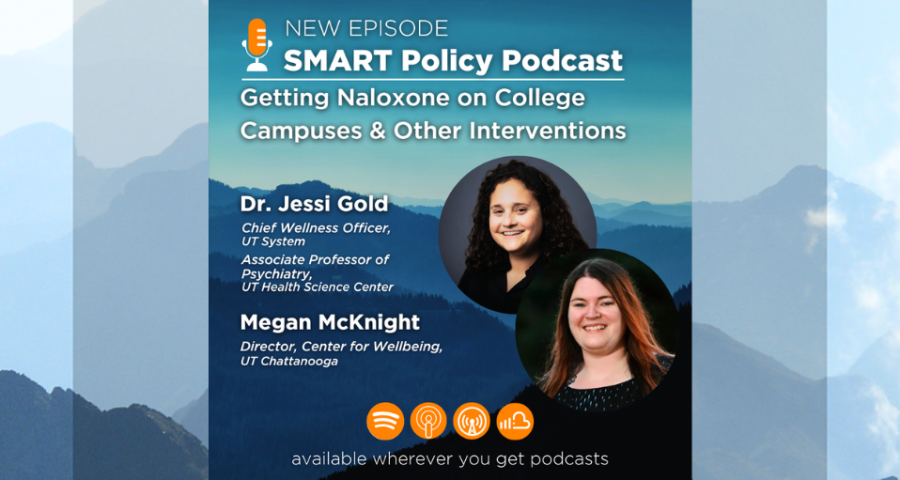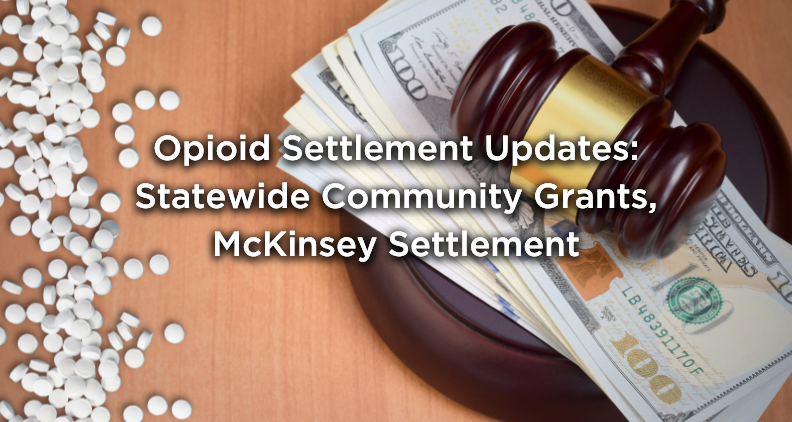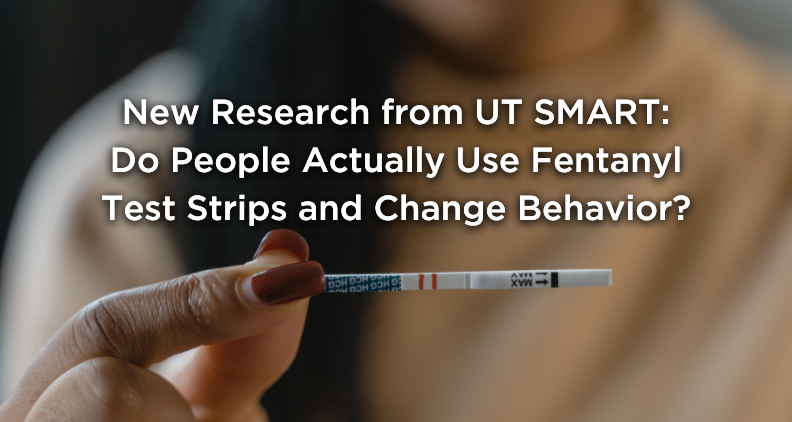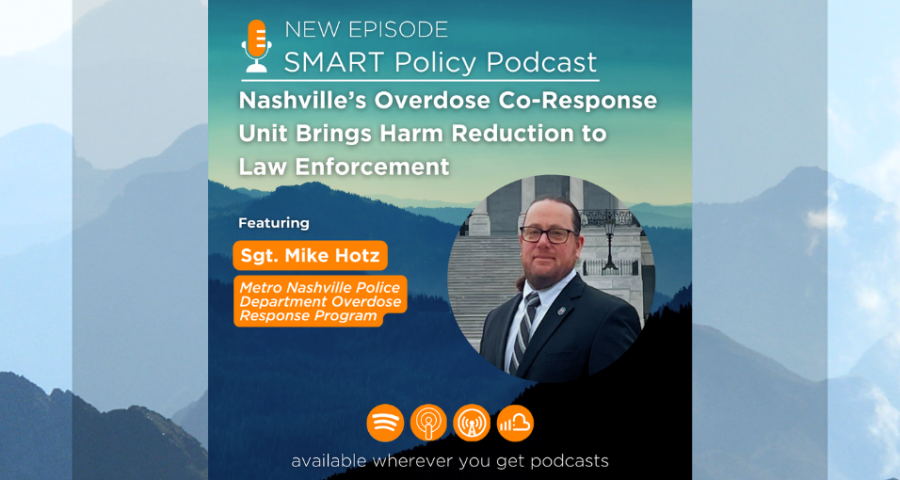Click here to listen on Spotify The data is clear: 18-25 is a critical time for substance use and mental health interventions. This is why programs implemented on college campuses have significant impacts. But that isn’t to say these interventions are easy to launch. My guests this month are Dr.
(Podcast) Getting Naloxone on College Campuses & Other Interventions










